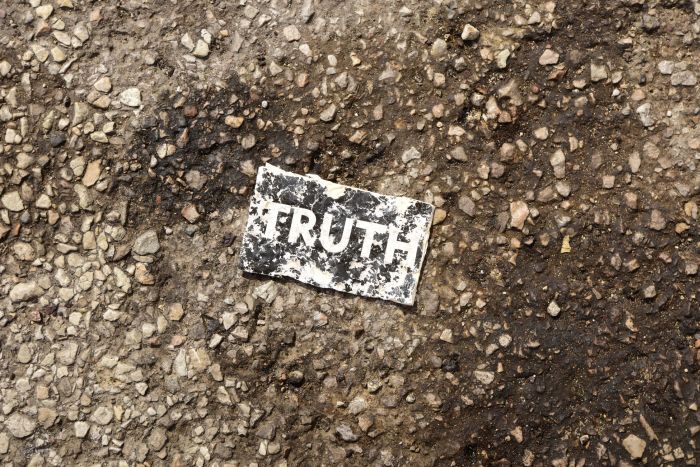
New study by Stephen E. Marmura, of St. Francis Xavier University, examines media fragmentation, political polarization and the rising mistrust toward public institutions. The 2016 Wikileaks/Russiagate scandal is a significant turning point here.
Prelude: forwarding propaganda in 2004
Mistrust toward mainstream, corporate media organizations is older than 2016. Marmura argues that 2004 and the tenuous link between Saddam Hussein and 9/11 was already symptomatic of posttruth news.
Then, media organizations rarely critically reflected on the official propaganda that helped cement the popular support for the Iraq War effort. The reporting then was uncritical and in retrospect, not informative journalism.
Fragmentation of media and partisan exploitation in 2016
Similar scandal, as revealed by Wikileaks, occurred with DNC conspiring against Bernie Sanders and seeking to tweak the Democrat primary in the favor of Hillary Clinton, for example by providing Clinton with debate questions beforehand.
Marmura argues that there is so far no substantive evidence to the claim that Russia was involved in Wikileaks and DNC hacking. RNC-aligned media exploited the Wikileaks scandal – revealing a partisan divide in media.
In addition to the fight for truth perspective, or competing media frames, 2016 revealed an increasing uncritical reflection in reporting rumors of official, party line of foreign policy propaganda as news. This could be seen in the constant influx of news, in Wikileaks-opposed media, suggesting that ‘the smoking gun’ proving Russian involvement will be revealed soon. Also, it was revealed in slanderous suggestions in RNC-aligned media about Hillary Clinton’s health.
Media organizations’ response is strategical in social fragmentation
Marmura argues that two processes – the top-down passing of propaganda and the increasing reliance on grassroots organizations and rumors arising therein, are not contradictory.
Rather, the study concludes that both reflect the fact that assessment of journalistic plausibility of stories has become less important than responding to the incentives arising from social fragmentation particularly in the US, and mistrust of official sources.
Mainstream media then seeks to find ‘truth markets’ along partisan lines, and facilitate this division. Ironically, this strengthens the hold that features of posttruth communication have on news production.
What Marmura finds worrying about the process is that the feedback loop of rumors and responding to rumors receives more attention than substantive issues such as climate change, education, and campaign finances, with state and Federal surveillance practices almost nonexistent.
The article “Russiagate, Wikileaks, and the Political Economy of Posttruth News” is published in International Journal of Communication and available freely (open access).
Picture: “Truth suffers a daily death in modern day America” by Michael Carruth, license Unsplash.